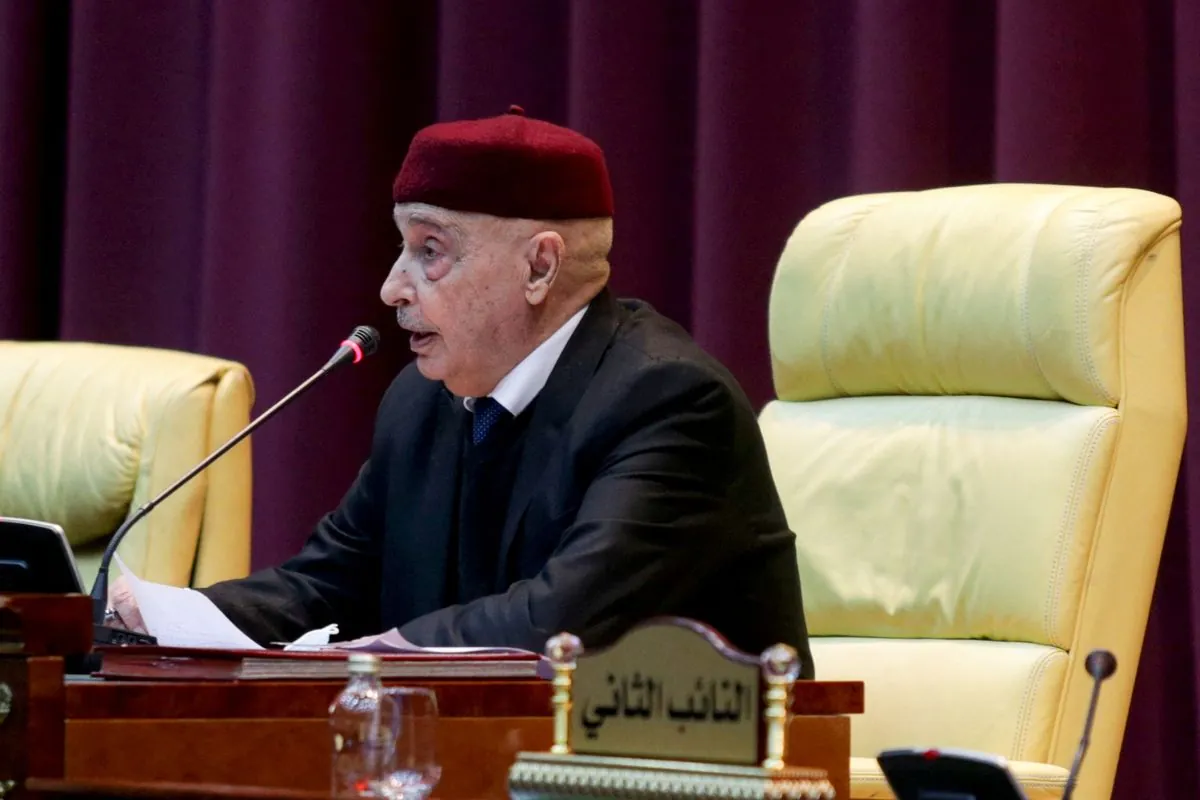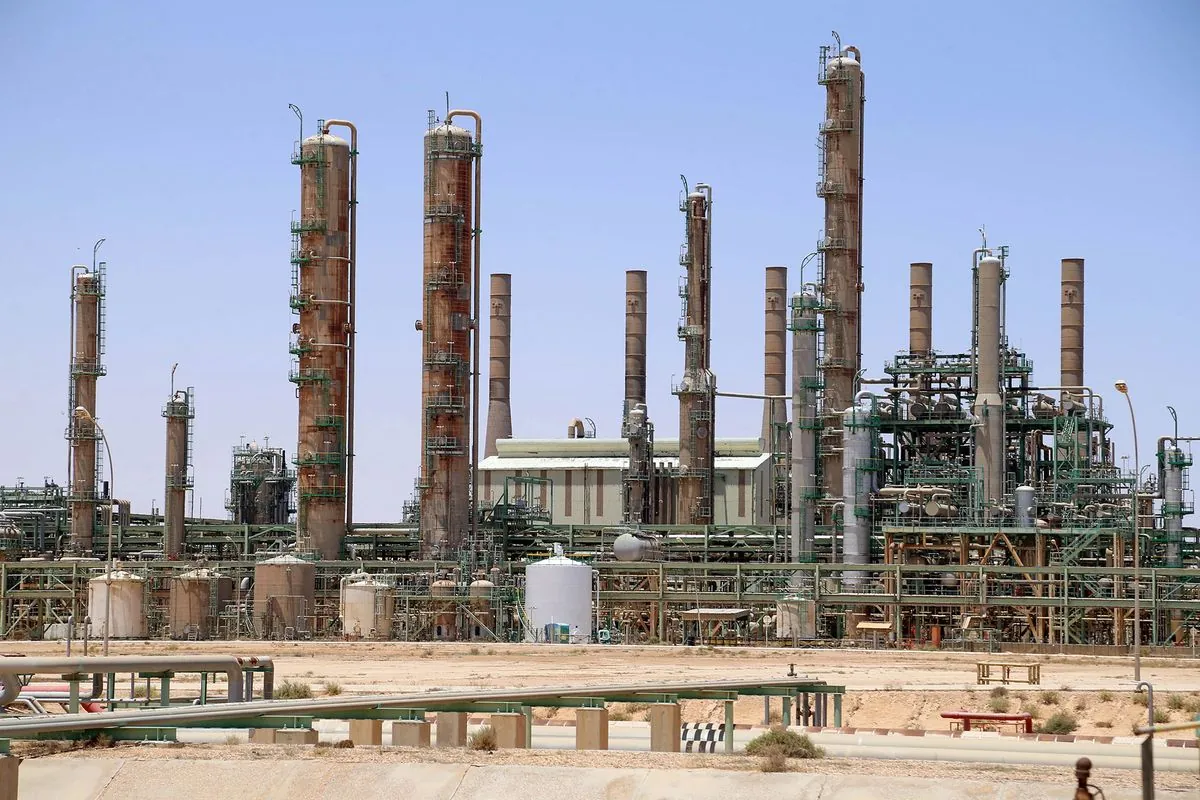UN Warns of Escalating Crisis in Libya Amid Political and Economic Turmoil
UN official highlights deteriorating situation in Libya, warning of greater instability without unified government. Recent unilateral actions and oil field closure exacerbate tensions in the politically divided nation.

The United Nations has expressed grave concern over the rapidly deteriorating situation in Libya, a nation grappling with political instability since the 2011 uprising. Stephanie Khoury, the top UN official in Libya, presented a somber assessment to the Security Council, emphasizing the urgent need for renewed political dialogue to prevent further destabilization.
Libya, the fourth largest country in Africa by area, has been mired in chaos since the NATO-backed overthrow of longtime dictator Moammar Gadhafi in 2011. The country's vast oil reserves, the largest proven in Africa, have become a focal point of contention among rival factions.
The current crisis stems from the failure to hold elections on December 24, 2021, and the subsequent refusal of western-based Prime Minister Abdul Hamid Dbeibah to relinquish power. This impasse has led to the emergence of a rival administration in the east, further complicating the political landscape.
Khoury highlighted recent unilateral actions that have exacerbated tensions:
- Rival government forces moving towards each other in July and August 2024
- Attempts to unseat the Central Bank governor
- Closure of the Sharara oil field, Libya's largest, on August 7, 2024
- East-based parliament's vote to end the mandate of the western government on August 13, 2024
These developments have not only intensified political and institutional divisions but have also had significant economic repercussions. The closure of the Sharara oil field, part of the Great Man-Made River project - the world's largest irrigation system, has forced the National Oil Corporation to declare force majeure, potentially impacting Libya's primary export.

The economic tensions are further fueled by perceptions of unequal resource distribution between the east and west, with the Central Bank at the center of the controversy. This situation is particularly concerning given Libya's reliance on petroleum exports and its lack of permanent rivers, making water management crucial.
"In the absence of renewed political talks leading to a unified government and elections you see where this is heading — greater financial and security instability, entrenched political and territorial divisions, and greater domestic and regional instability."
Libya's rich history, including its five UNESCO World Heritage Sites and significant ancient Greek and Roman settlements, stands in stark contrast to its current turmoil. The nation, known for its Mediterranean coastline stretching nearly 1,800 kilometers and the arid Libyan Desert, faces an uncertain future without a unified approach to governance.
Despite having one of the highest literacy rates in Africa, Libya's potential for development remains hampered by ongoing conflicts. The international community continues to urge Libyan factions to engage in meaningful dialogue, recognizing that the current status quo is unsustainable and threatens not only Libya's stability but also regional security.


































